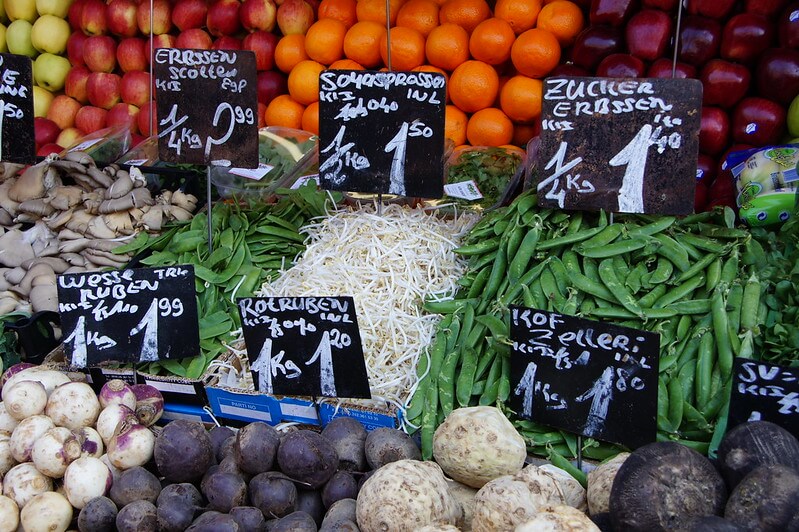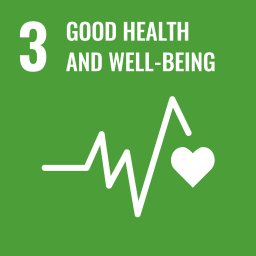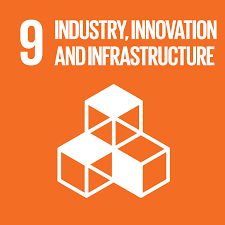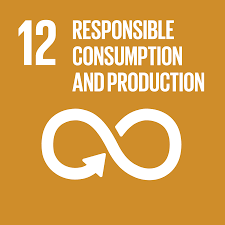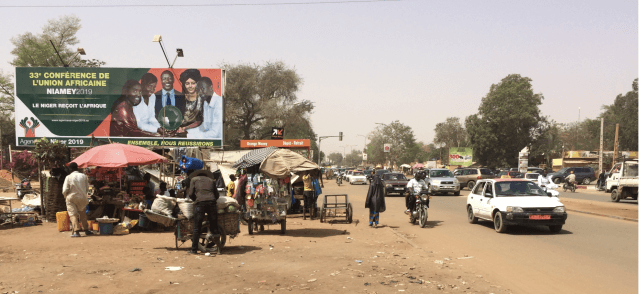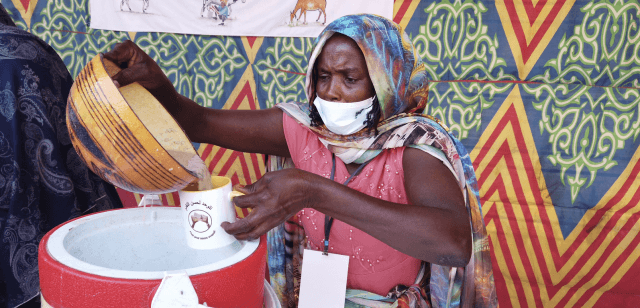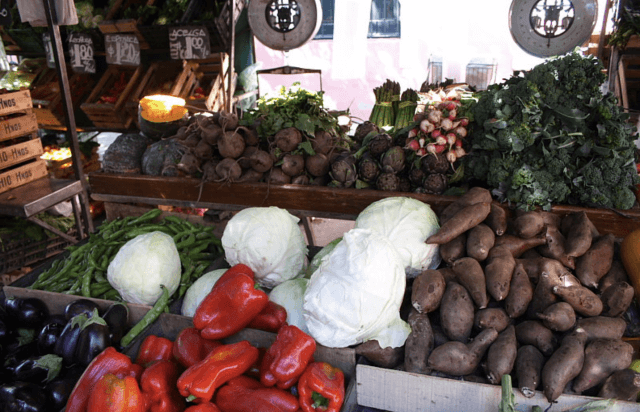The action and its aims
With the Food Action Plan, the City of Vienna’s aims to enhance the quality of food and meals.
The plan encompasses eight key areas of action:
– Promoting healthy food choices
– Enhancing communal catering and emphasising green public procurement
– Collaborating with civil society to develop a comprehensive Food Strategy
– Encouraging organic and local food production
– Recognising and awarding companies and events that prioritise sustainability
– Implementing strategies to reduce and prevent food waste
– Enhancing animal welfare considerations
– Establishing sustainable supply chains within the food industry
A significant focus point of the Food Action Plan centres on advocating for nutritious and eco-friendly eating habits. This includes a range of tactics, including the preservation of farmland, the promotion of organic agriculture, and the backing of alternative nearby distribution networks that link producers directly with consumers. Furthermore, the plan prioritises the establishment of strict standards for sustainable, fair, and animal-friendly purchasing practices. It also features practical endeavours aimed at educating individuals about nutrition, with a specific emphasis on promoting the replacement of animal-derived foods with plant-based option whenever viable.
When it was introduced
The Food Action Plan was approved by the Vienna Provincial Parliament in January 2020.
Why it was needed
On a daily basis, around 100,000 individuals receive hot meals through public facilities in the City of Vienna. The Food Action Plan implements effective measures in public procurement, building upon existing initiatives, such as the ÖkoKauf Wien (EcoBuy Vienna) programme, to increase sustainably produced, nutritious meals.
Who initiated it, who is involved
The initial Food Strategy was written by individuals from the City of Vienna’s Environmental Protection and the Vienna Food Council. Through an extensive discussion programme, over 150 stakeholders for various parts of the food supply chain, along with representatives from academic institutions and non-governmental organisations, had the opportunity to offer feedback, critique, and recommendations for enhancement.
Impacts to date
Through the Food Action Plan, food related programmes and initiatives are strengthened. Examples of these programmes are:
– Food Trailer: A transportable kitchen kitted out to hold culinary workshops.
– WeltTellerFeld: An interactive educational area that visually represents the complex global food system relationships on a tangible platform for universal understanding.
– ÖkoKauf+: Development of sustainability and fairness standards for interdisciplinary working groups, including for animal welfare and supply chain management; these standards are mandatory for all municipal units and enterprises.
– SUM-Food: A discussion aimed at connecting urban and rural communities to align the city’s demand for vegetables with the rural supply.
– RT Animal Welfare: Stakeholders participate in conversations aimed at raising animal welfare standards in livestock farming and establishing criteria for communal food services.
– Waste Prevention in Schools: A collaborative initiative by “United against Waste” and schools to implement strategies aimed at reducing food waste.
– Natürlich gut essen: A co-funded initiative for the gastronomy sector, designed to incentivise the provision of sustainable food and beverage choices with a specific emphasis on organic products.- Food Strategy: A cooperative endeavor involving the City, the Food Council, stakeholders and the scientific community in crafting a Food Strategy Document.
